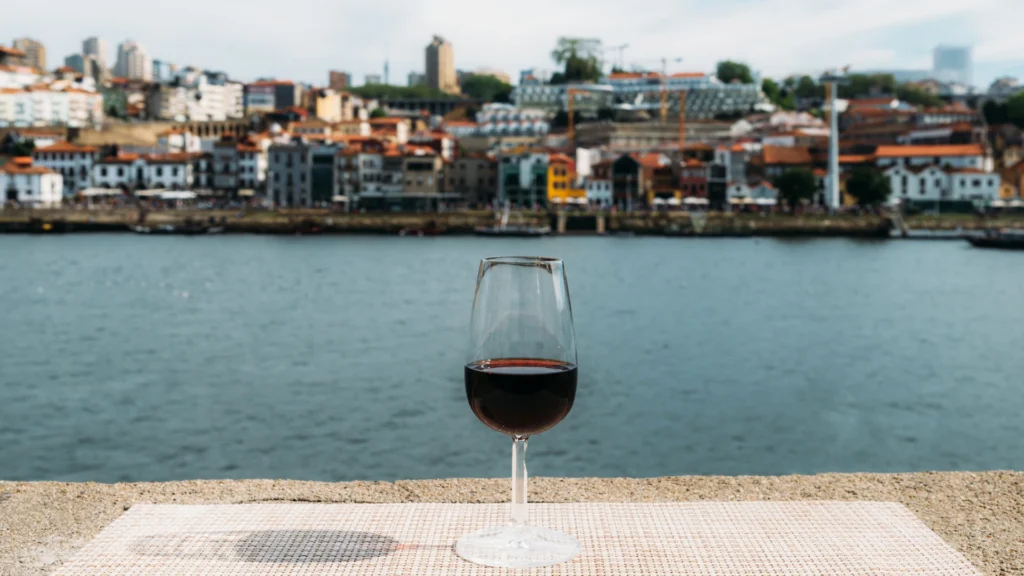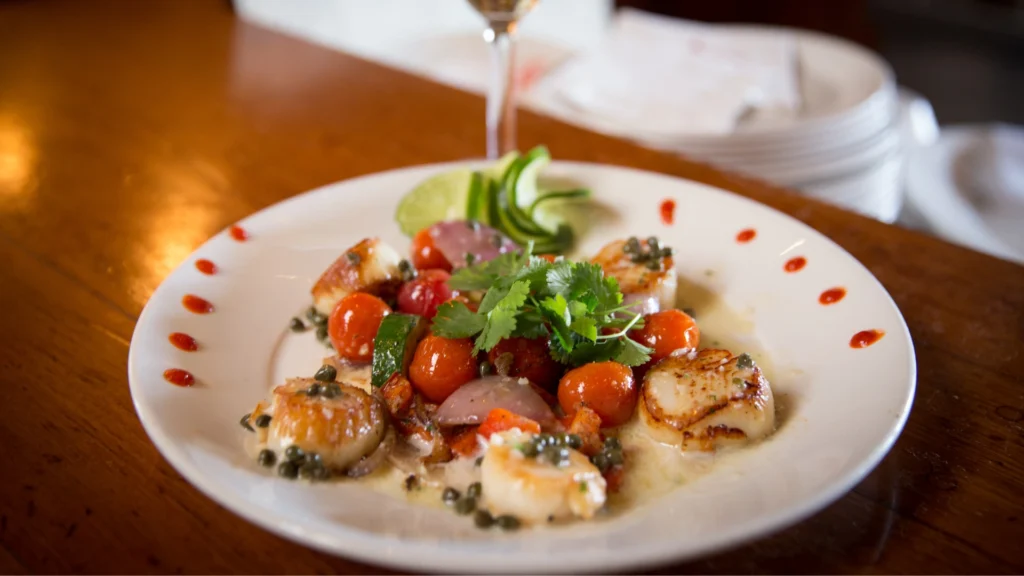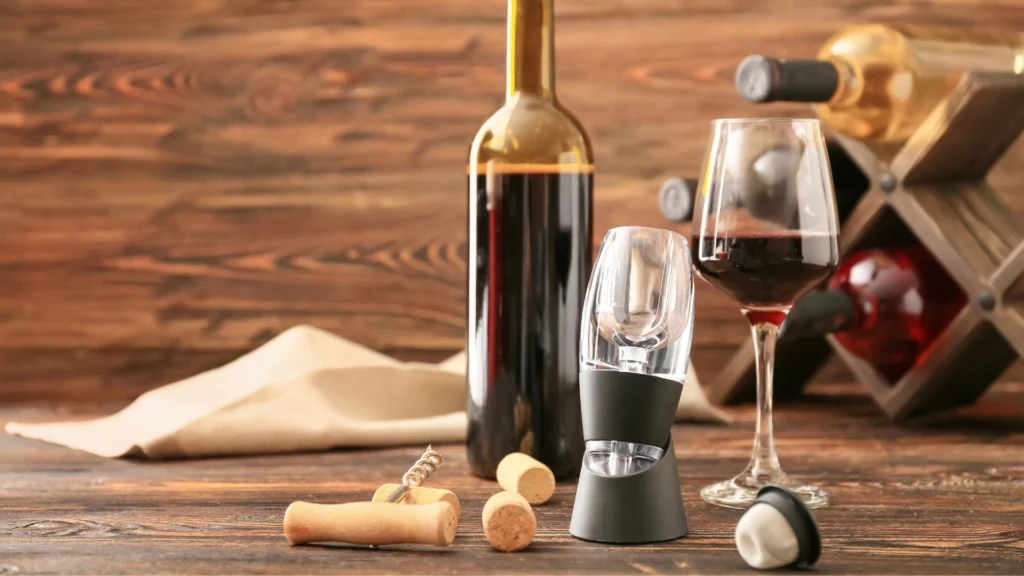Elevating scallops from good to extraordinary requires more than just culinary skill—it demands the best white wine for cooking scallops.
These delicate marine morsels transform when kissed by the right wine, releasing complex flavors that dance between oceanic freshness and sophisticated depth.
Professional chefs know that selecting the perfect white wine isn’t just about taste, but about understanding chemical interactions that unlock scallops’ subtle nuances.
Our comprehensive guide explores top-tier wines that will turn your seafood dish from mundane to magnificent, revealing the secret techniques used by top restaurant kitchens worldwide.
🍷 Key Takeaways:
| Wine | Origin | Flavor Profile | Best For |
|---|---|---|---|
| Lake Chalice Sauvignon Blanc | New Zealand | Citrus, herbaceous | Overall cooking |
| Maso Canali Pinot Grigio | Italy | Green apple, crisp | Budget option |
| Puligny-Montrachet White Burgundy | France | Rich, oaky, complex | Premium dishes |
| Vouvray | Loire Valley | Mineral, high acidity | Cream sauces |
| Dry Prosecco | Italy | Light, bubbly | Sparkling option |
Understanding Wine’s Role in Cooking Scallops
The best white wine for cooking scallops transforms a simple seafood dish into a culinary masterpiece through complex chemical interactions.
Wine’s Flavor Impact
White wine brings unique characteristics to scallop preparation:
- Acidic profile enhances seafood’s natural sweetness
- Helps release flavor molecules
- Creates depth in cooking sauces
- Tenderizes protein structures
Chemical Interactions
| Wine Component | Culinary Effect |
|---|---|
| Alcohol | Releases flavor compounds |
| Acidity | Breaks down protein fibers |
| Aromatic Compounds | Adds complexity to dish |
Cooking Techniques
Key Wine Application Methods:
- Deglazing pan after searing
- Creating reduction sauces
- Marinading before cooking
- Adding depth to cream-based preparations
Flavor Science
Wine’s alcohol helps extract and amplify ingredients’ inherent flavors. When heated, alcohol evaporates, concentrating the remaining flavor molecules. The acidic components interact with scallops’ proteins, creating a more tender and flavorful result.
Recommended Wine Characteristics
| Characteristic | Ideal Profile |
|---|---|
| Acidity | High |
| Alcohol Content | Moderate |
| Flavor Intensity | Light to Medium |
| Tannin Levels | Low |
Understanding these scientific principles elevates scallop preparation from basic cooking to a nuanced culinary art.
How to Choose the Best White Wine for Cooking Scallops
Cooking Technique Considerations
Key Preparation Factors:
- Pan-searing temperature
- Sauce complexity
- Accompanying ingredients
- Desired flavor intensity
Wine Quality Matters
Professional chefs emphasize:
- Avoid “cooking wine” from supermarkets
- Use wine you would drink
- Select dry, crisp varieties
- Avoid overly sweet or heavily oaked wines
Flavor Extraction Techniques
Cooking Methods:
- Deglazing pan after searing
- Creating pan sauces
- Poaching delicate scallops
- Reducing wine for concentrated flavor
Chemical Interaction Principles
Wine’s alcohol helps:
- Break down protein structures
- Release aromatic compounds
- Create complex flavor profiles
- Enhance natural seafood sweetness
5 Best White Wine for Cooking Scallops in 2024
Best Overall: Lake Chalice The Nest Sauvignon Blanc
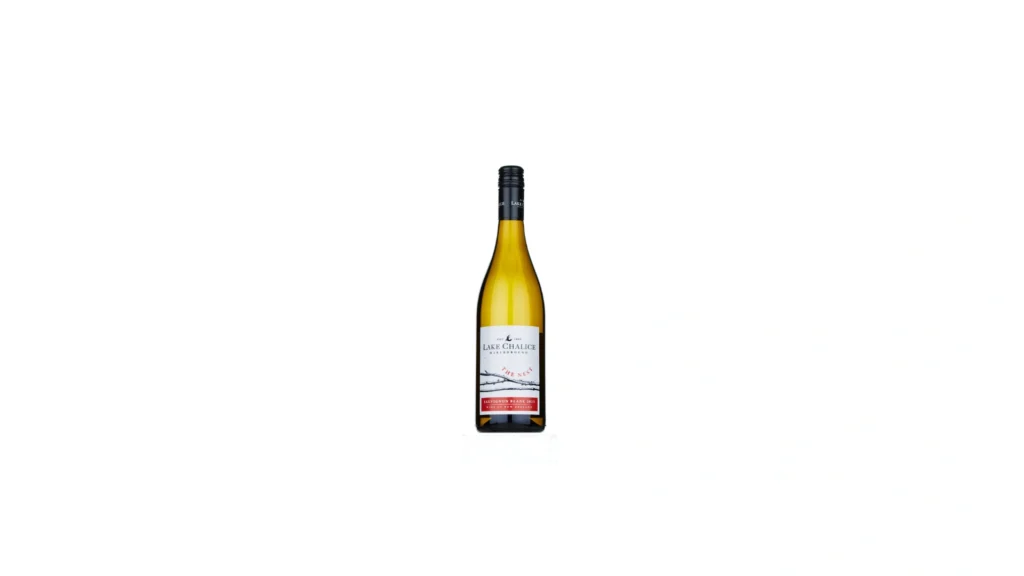
Lake Chalice represents the best white wine for cooking scallops from New Zealand’s renowned Marlborough region. This zesty Sauvignon Blanc delivers vibrant citrus notes with distinctive green herbaceous undertones, perfectly complementing scallops’ delicate flavor.
The wine’s high acidity cuts through creamy sauces while enhancing the seafood’s natural sweetness. Its crisp profile creates an ideal deglazing liquid, releasing caramelized pan flavors during cooking.
The wine’s bright character works exceptionally well with lemon garlic scallop preparations, adding depth and complexity to the dish without overwhelming the protein’s subtle taste.
Best Budget: Maso Canali Pinot Grigio
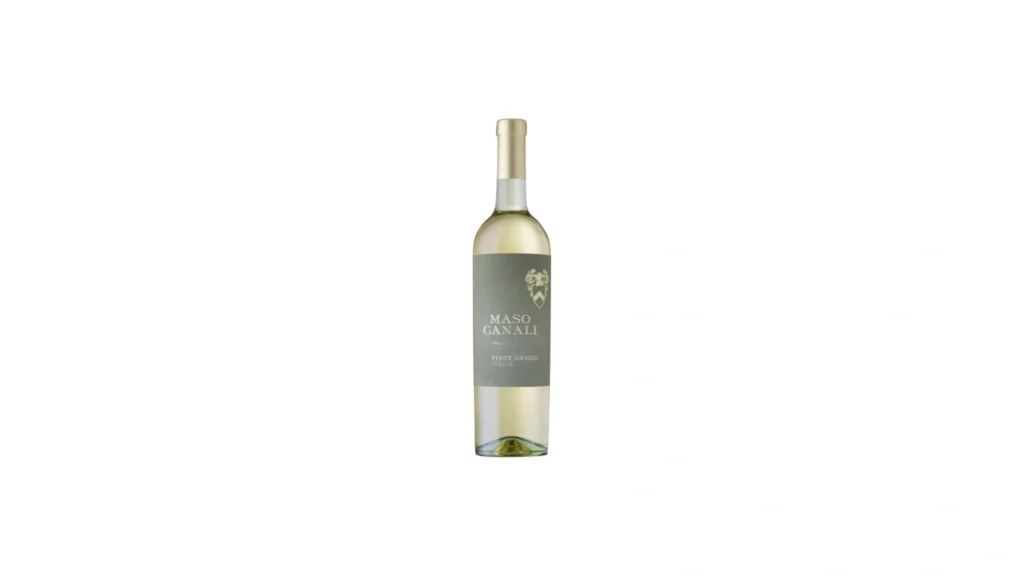
Maso Canali’s Pinot Grigio offers an exceptional white wine for cooking scallops at an accessible price point. Originating from Italy’s Trentino region, this wine brings green apple and citrus notes that pierce through rich, fatty sauces.
Its dry profile and moderate acidity make it versatile for various scallop preparations, from delicate ceviche to pan-seared dishes. The wine’s clean, crisp character enhances seafood without dominating the dish’s fundamental flavors.
Its lightweight body ensures the scallops remain the star of the culinary performance, making it an ideal choice for budget-conscious home chefs.
Best Premium: White Burgundy from Puligny-Montrachet
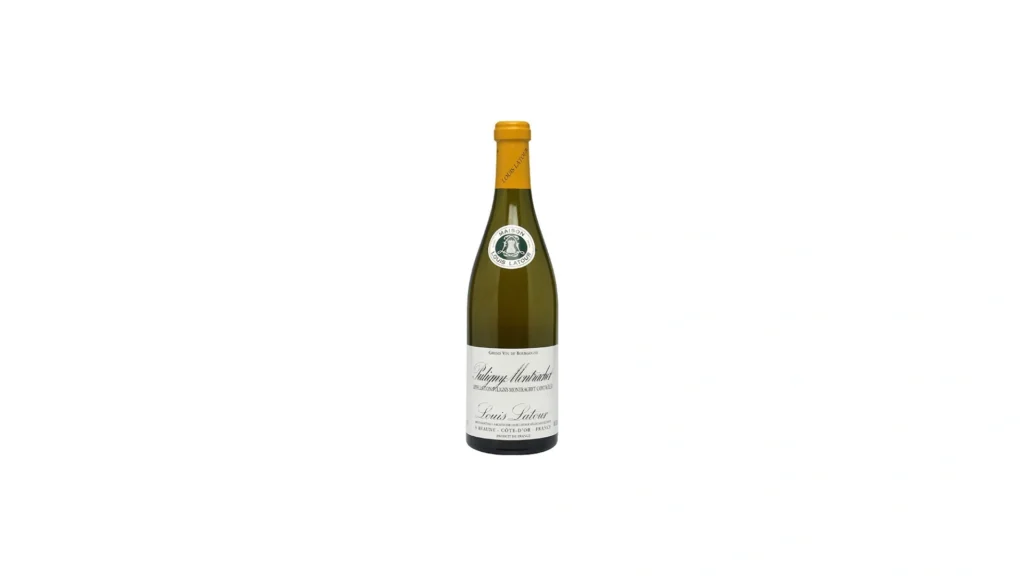
White Burgundy from Puligny-Montrachet represents the pinnacle of white wine selection for cooking scallops. Sommelier Scott Mattson recommends these rich, dense oaky whites for their exceptional ability to complement pan-seared scallops.
The wine’s subtle oxidative qualities create a caramel and nutty finish that marries perfectly with the Maillard reaction’s caramelized crust. Its complex flavor profile enhances the scallops’ natural sweetness while providing a luxurious depth to the overall dish.
The wine’s sophisticated character elevates simple seafood preparation into a gourmet experience.
Best for Sauces: Vouvray
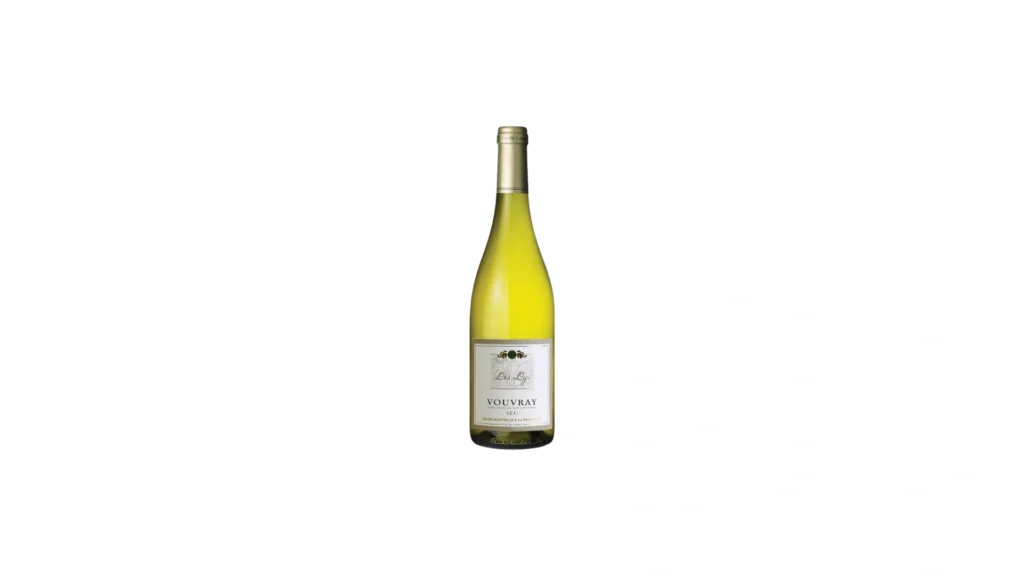
Vouvray emerges as an exceptional white wine for cooking scallops, particularly in cream-based preparations. Its high acidity cuts through rich sauces while maintaining a delicate balance with the seafood’s subtle flavor.
The wine’s mineral undertones complement scallops’ natural sweetness, creating a harmonious culinary experience. Its versatility allows for multiple cooking techniques, from deglazing to reduction sauces.
The wine’s ability to enhance without overpowering makes it a top choice for sophisticated seafood dishes that require a nuanced wine companion.
Best Sparkling Option: Dry Prosecco
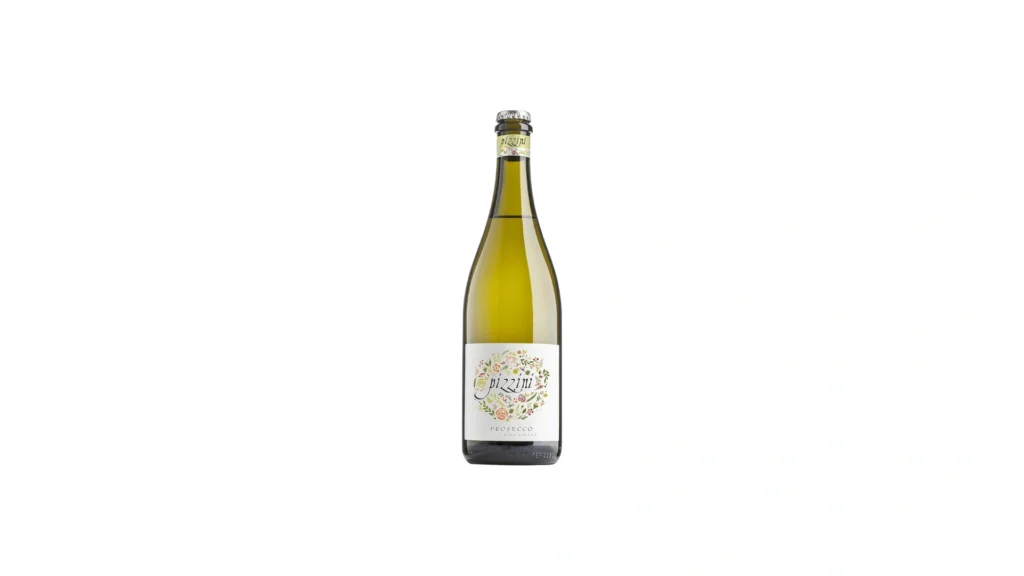
Dry Prosecco offers a surprising and delightful white wine option for cooking scallops. Its bubbly texture emphasizes the slight crunch of seared scallops’ exterior while providing a refreshing counterpoint to the dish.
The wine’s mild character allows the seafood’s natural flavors to shine through. Its versatility extends beyond cooking, serving as an excellent pairing wine that adds a sense of formality to the meal.
The light, crisp nature of Prosecco makes it an unexpected but brilliant choice for various scallop preparations.
Cooking Techniques
Mastering the best white wine for cooking scallops requires understanding precise culinary techniques that elevate this delicate seafood.
Pan-Searing Fundamentals
Professional chefs emphasize the critical importance of moisture removal. Scallops must be thoroughly patted dry using paper towels to achieve a perfect golden-brown crust. The Maillard reaction transforms the exterior, creating a caramelized surface that locks in the scallop’s natural sweetness.
Wine Integration Methods
Deglazing becomes an art form when preparing scallops. After searing, a splash of white wine releases the flavorful fond stuck to the pan’s bottom. This technique concentrates the wine’s acidity and captures the caramelized cooking remnants, creating a rich, complex sauce that complements the scallops’ delicate flavor.
Temperature and Timing
Precision is paramount. Scallops require intense heat – typically medium-high – and minimal cooking time. Most professional kitchens recommend no more than two to three minutes total cooking time. The wine’s addition should be carefully timed to prevent overcooking, which can transform the tender scallops into rubbery disappointments.
Sauce Development
Creating a complementary sauce involves strategic wine reduction. Chefs typically remove the scallops from the pan, then use white wine to deglaze and concentrate flavors. Adding butter creates an emulsified sauce that enhances the seafood’s natural sweetness. The wine’s acidity cuts through the richness, creating a balanced final dish.
Advanced Techniques
Experienced cooks often employ multiple wine integration methods. Some prefer marinating scallops briefly in white wine before cooking, while others use wine as a poaching liquid. The key is understanding how different wine characteristics interact with the scallop’s delicate protein structure.
Mastering these techniques transforms simple scallop preparation into a sophisticated culinary experience.
Elevate Your Seafood Cooking Today
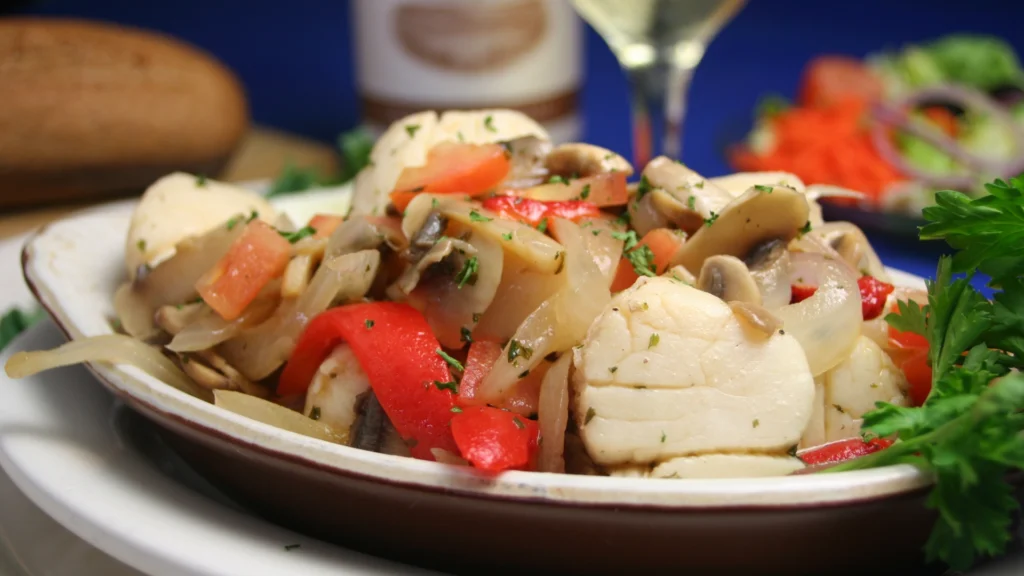
Discovering the best white wine for cooking scallops transforms ordinary meals into extraordinary culinary experiences.
Understanding wine’s role in cooking goes beyond simple ingredient selection—it’s about creating harmony between seafood and liquid.
Select a wine that complements your cooking technique, respects the scallop’s subtle sweetness, and elevates your dish from mundane to magnificent.
Read This Next: The Best Prosecco for Mimosas in 2024

